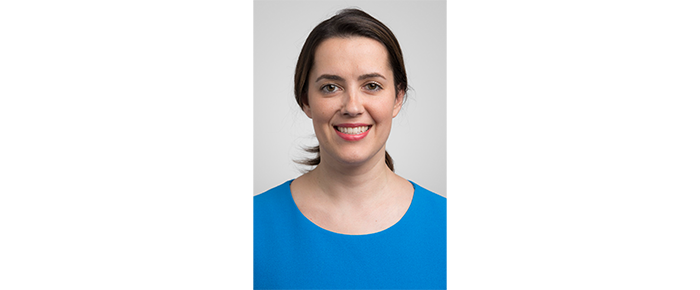
ACAMS Today spoke with Dr. Katharina Weghmann, a partner in the Forensic & Integrity Services practice and Head of Integrity and Global Environmental, Social and Governance (ESG) Forensics Lead at Ernst & Young GmbH (EY Germany). Weghmann and her interdisciplinary team consult clients on their ESG journey and in measuring, institutionalizing and designing cultures of integrity.
Prior to joining EY Germany, Weghmann was a trailblazer in advancing whistle-blower protection in the US and Europe. Through her doctoral research, board positions, public speaking, and advisory roles at policy level, she has contributed to shifting the public perception of whistle-blowers and enhanced visibility as well as acceptance within the corporate world. Fostering healthy feedback cultures and normalizing speak-up processes continue to be a vital part of Weghmann’s work.
In 2018, Weghmann was recognized among the 25 women who revolutionized the German economy in Handelsblatt,1 a German-language business newspaper. She was also named a “Top 40 under 40” manager of Germany by Capital magazine in 2018 and 2019.
In addition, she serves as a supervisory board member at Witten/Herdecke University in Germany and in the board of trustees at the Reinhard-Mohn-Institute for Responsible Leadership. Having taught at universities in the US and Germany since 2012, Weghmann talked to ACAMS Today about her journey transitioning into a career in ethics and the current challenges in the regulatory environment.
ACAMS Today: What inspired you to make the transition from your former marketing career into ethics?
Dr. Katharina Weghmann: The financial crisis in 2007/2008 inspired me to make a radical change in my career and life. At the time, I was thriving in my marketing career as managing director of a boutique advertising agency in Geneva, Switzerland. Back then, the crisis really hit me emotionally, and I kept thinking to myself, how could I personally contribute to preventing another crisis like this from happening? What is the role of business in society, and what could be my role as a leader to prevent the next crisis? In a search for answers, I quit my well-paying job, moved to New York and enrolled at Columbia University in the Teachers College. For my doctoral dissertation and research on moral acts of courage, I interviewed whistle-blowers in Europe and the US about their experiences as part of the financial crisis and focused on what we—as organizations and society—can learn through applying their lens to this topic. I had the honor of meeting dozens of whistle-blowers and understanding the commonalities and dynamics of their “speak-up” processes, which ultimately led me to become a strong advocate for whistle-blower protection ever since. It quickly became clear how much we need to change our perception of whistle-blowing and understand that it’s imperative for fighting fraud and corruption effectively. Along with society, organizations play a huge part in this shift of recognizing speaking up as a fundamental mechanism to create trust in markets and integrity in the corporate world. Although the financial crisis served as an inspirational trigger for my career change, everything that followed since that decision is a result of following my intuition—I had no idea that whistle-blowing or ethics would become my calling or that I would end up where I am today.
AT: What is the best way for employees to speak up and perform moral acts of courage to create change without necessarily being labeled a whistle-blower?
KW: I’d say the best way to speak up depends heavily on the culture, jurisdiction, context, and case. In an organization where retaliation happens regularly, the best way to speak up is through anonymous channels or via authorities if one lives in a country where there is strong whistle-blower protection. In a healthy culture of integrity, the best way would definitely be to bring up an issue to the supervisor or the people mandated with this topic. Based on the research I did previously, I could see that there were three elements usually present among whistle-blowers who succeeded to create change: (1) legal advisors, (2) personal resilience and (3) an emotional support system. However, I can’t emphasize enough if you choose to speak up be sure to consider all outcomes and be aware that in some organizations and jurisdictions becoming a whistle-blower is not a walk in the park. Be sure to choose the best option for you.
AT: How are regulators responding to ethical challenges in the current environment with increased pressures from the rise of the pandemic?
KW: Like any crisis, the pandemic opened some new avenues for regulators around the world. Next to assistance programs to strengthen compliance programs and oversight (e.g., the Financial Crimes Enforcement Network (FinCEN) and suspicious activity reporting), regulators are jumping on the opportunity to investigate and prosecute fraud activities related to relief funds and unemployment provisions. It could very well be that down the road, we will also see again an increase in enforcement in the corporate sector overall, given that the fraud risk tends to be generally higher when the pressure is up.
AT: What are the most critical skills a leader needs to prevent internal misconduct?
KW: All misconduct cannot be prevented, but my hypothesis would be that many could be prevented by leaders listening, being humble, creating cultures of integrity, and taking a long-term perspective in decision-making. Usually, early warning or smoke signals precede misconduct, and therefore you need an early detection system. Imagine, on average, employees speak up three times internally before they decide to go to the authorities—three times! So, let’s stop emphasizing that we need people to speak up to prevent misconduct, and let’s instead start emphasizing that we need leaders who listen.
AT: What are the most significant ethical challenges related to ESG issues that could potentially impact a financial institution’s bottom line?
KW: The biggest ethical challenge related to ESG is that, overall, it’s still a moving target for everyone (e.g., investors, regulators and auditors). Standards are yet to be unified; business models and value chains need to be transformed and reporting needs to be made more transparent—just to mention a few. So, we still need to cross the chasm here, and until we do there is increased risk for ESG fraud or misrepresentation of ESG performance.
AT: What is your most significant achievement in advancing whistle-blower protection in Europe and in the US of which you are most proud?
KW: It’s impossible for me to pick one in particular. If I look back to when I started in this space after the financial crisis, then I am most proud of how much we have improved the perception on whistle-blowing and have contributed to organizations recognizing the importance of speak-up cultures. We are nowhere near where we should be, but I still find it mind-blowing how far we have come in just 10 years.
Interviewed by: Cathy Donohue, CAMS, Consultant, cathydonohue100@gmail.com Cathy Donohue, CAMS, PMP | LinkedIn
The views reflected in this article are those of the author and do not necessarily reflect the views of Ernst& Young LLP or other members of the global EY organization.
- Carina Kontio, "25 Frauen, die unsere Wirtschaft revolutionieren," Handelsblatt, 6 November 2018.

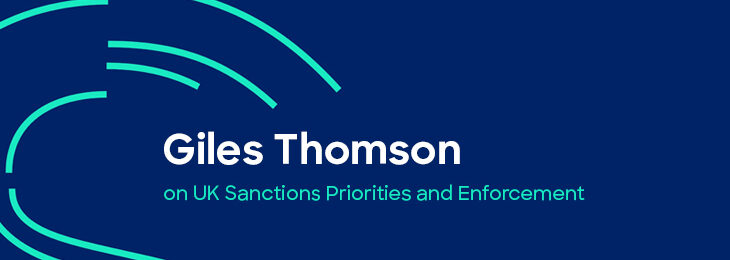
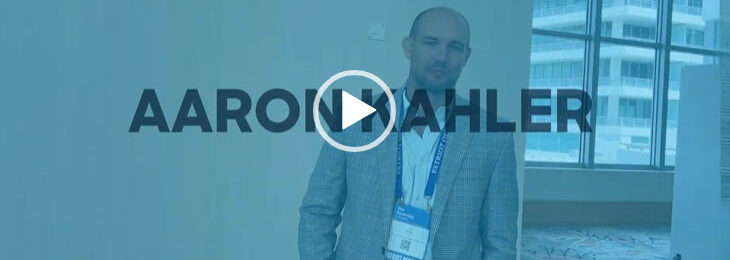
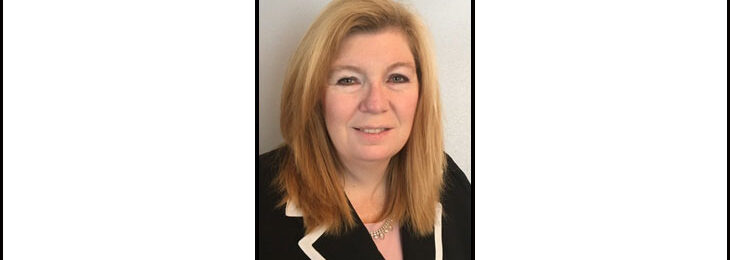



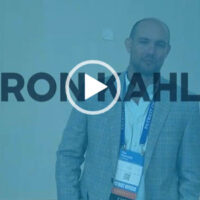
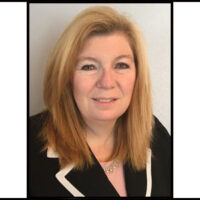
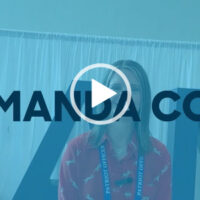
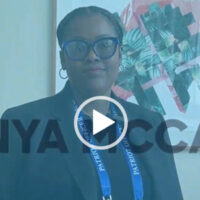
L’intégrité est une valeur fondamentale au sein d’une entreprise d’une institution